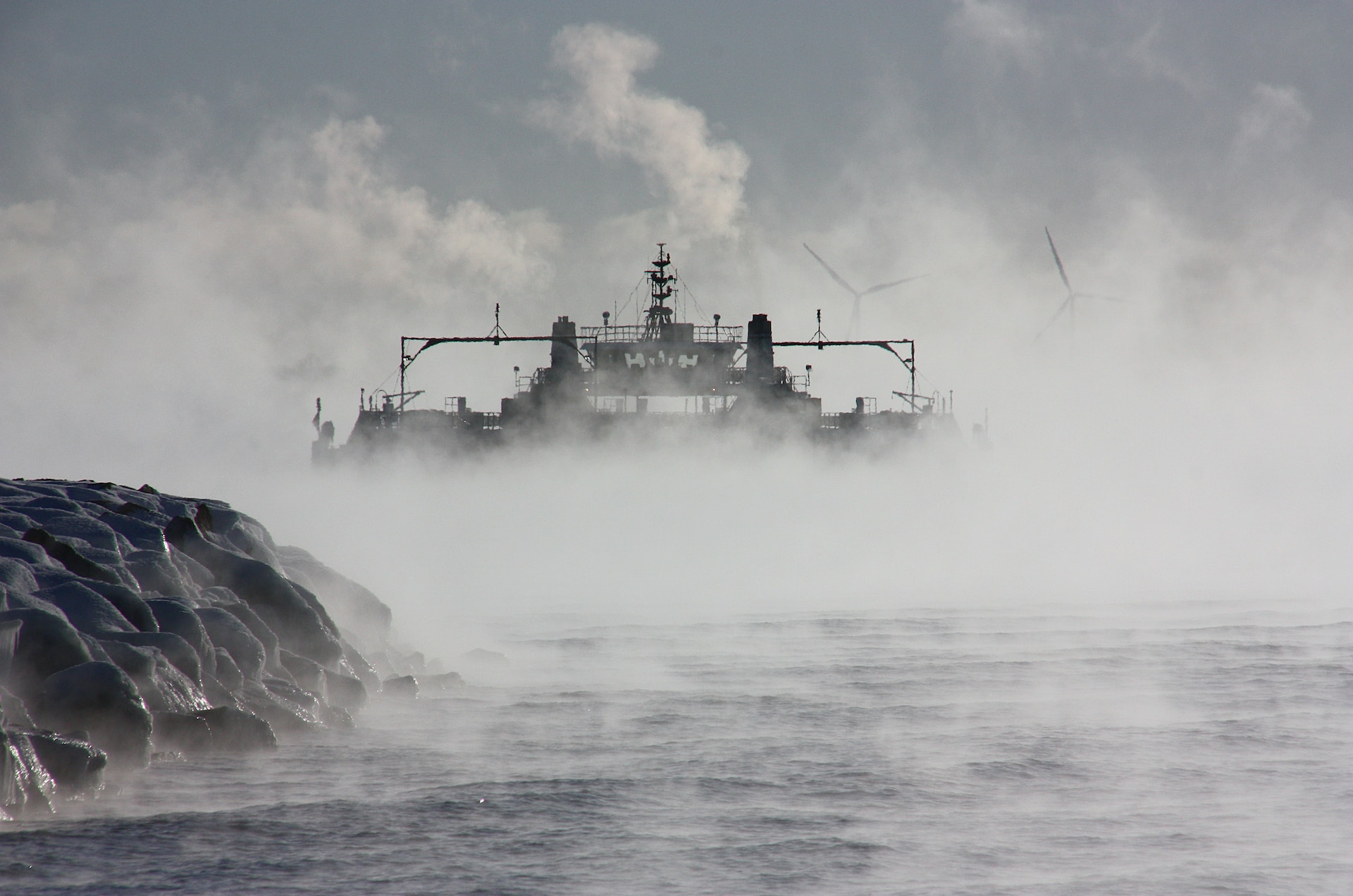Potential work stoppages at several natural gas shipping platforms in Australia could kick off this week, meaning shipments of liquified natural gas (LNG) out of the country could become constrained. Though gas prices across the globe were ratcheted up by news that an Australian strike was authorized, the gain in European futures was particularly steep. With a massive amount of the pipeline gas that was previously supplied by Russia now removed from their markets, EU nations rely much more heavily on overseas shipments of gas to meet their needs, making the bloc vulnerable to supply shocks.
Australia exports very little gas to Europe, but it is a vital supplier for the world’s top LNG importers in Asia. A bottlenecking of Australia’s LNG could mean Europe will need to compete more fiercely with its Asian counterparts, likely ramping up pricing for natural gas. It is worth keeping in mind, however, that EU nations have been gradually cutting down on their purchases of LNG lately, as the continent’s gas storage is fuller than it has ever been at this time of year.
Related ETF and Futures: United States Natural Gas Fund, LP (UNG), Natural Gas EU Dutch TTF
Natural gas prices in Europe rose strongly last week, spiking by nearly 40.0% mid-week, on the back of a new potential shock to the continent’s still-vulnerable energy markets. That move brought back memories of last summer, when European gas futures quadrupled to all-time highs over the course of less than three months in anticipation of a supply shortage on the continent. Prices subsided toward the end of the week, but the European benchmark Dutch TTF contract was up by 17.5% on Friday compared to the same time a week prior. Despite that gain, gas prices were still down -84.1% YoY.
As MRP highlighted last year, the European Union (EU) made massive strides in eliminating their reliance on Russian natural gas, following Russia’s formal invasion of Ukraine in February 2022. Russia’s share of Europe’s natural gas market was cut by two thirds from 40% to 12% in 2022, as the country’s exports to the EU fell to around 80 billion cubic meters (bcm) from 155 bcm in 2021. While that effort begun as a voluntary reduction, the sabotage of the Nord Stream pipelines last September forced the bloc to become more aggressive in finding solutions to fill its gas storage with non-Russian product. That meant relying more heavily on liquefied natural gas (LNG) shipped via seaborne tankers. LNG supplies are mobile and able to respond to demand in many different markets, but shipment via carriers is more…
To read the complete Intelligence Briefing, current All-Access clients, SIGN IN All-Access clients receive the full-spectrum of MRP’s research, including daily investment insights and unlimited use of our online research archive. For a free trial of MRP’s All-Access membership, or to save 50% on your first year by signing up now, CLICK HERE










